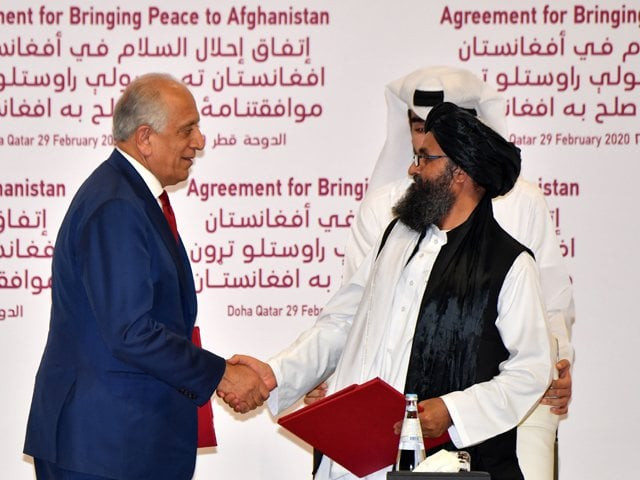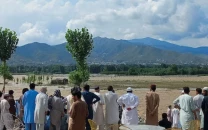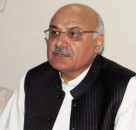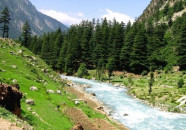'Pakistan's communication with Taliban led to Doha agreement'
Pakistan would like to see international community engage with Taliban, says Maleeha Lodhi

Pakistan's former Permanent Representative to the United Nations Dr Maleeha Lodhi has said that Islamabad's communication with the Taliban led to the Doha agreement between the United States and the insurgent group in February 2020.
"I can understand the instinct to blame somebody for what has been a US-led western debacle in Afghanistan," she said while replying to a question by journalist Christiane Amanpour.
"20 years of war waged by the most powerful army in the world led to the outcome that you have seen with President Biden saying there is no military solution and he's absolutely right... that's what my country said at the very start of this war that there will never be a military solution."
.@LodhiMaleeha responds to accusations that Pakistan fostered Taliban recovery: “I understand the instinct to blame somebody for what has been a US-led western debacle… Yes, we kept our channel of communication open with the Taliban” – but it led to the Doha Agreement, she says. pic.twitter.com/mftAqo8svd
— Christiane Amanpour (@camanpour) September 1, 2021
Read more: Abandoning Afghanistan will give space to chaos, terrorism: FM Qureshi
Talking about Pakistan role in the negotiation process, Lodhi said that her country kept the channel of communication open with the Taliban. "If we hadn't, Pakistan would not have been to play the constructive role it played in helping in the sequence of events that led to the Doha agreement between the US and the Taliban."
'No US combat casualties since Doha agreement'
The former diplomat said that the US military had no combat casualties for 18 months after the signing of the agreement was also in large part due to Pakistan's role in persuading and nudging the Taliban towards negotiations and towards a political solution.
"I can tell you that Pakistan has most to gain in peace and stability in Afghanistan and it also has the greatest of fear of Afghanistan descending into more fighting and civil war," she added.
Dr Lodhi said that Pakistan would like to see the international community engage with the Taliban in Afghanistan. "What we want to see is peace and stability in Afghanistan because my country has suffered because of four decades of war, strife and foreign military interventions in Afghanistan."
Also read: Taliban prepare to reveal new Afghan government amid economic turmoil
She said that Pakistan had to deal with millions of refugees, a number of security challenges and problems of drugs due to unrest in the neighbouring country.
"What we would like to see the international community do in Afghanistan is the remain united and to engage with the new government whenever it is formed and to ensure that Afghanistan doesn't go into a state of collapse which can happen," Lodhi added.
The seasoned diplomat also said that Pakistan and other neighbouring countries of Afghanistan would like the Taliban to hold firm to the commitments they made to the international community. "For example, they've said they will not allow their soil to be used for attacks on any other country in the region or in fact in the world."
Dr Lodhi said that in order to ensure that the Taliban are able to deliver on their promises, the international community also need to ensure that they are not pushed to the wall and are encouraged.



















COMMENTS
Comments are moderated and generally will be posted if they are on-topic and not abusive.
For more information, please see our Comments FAQ